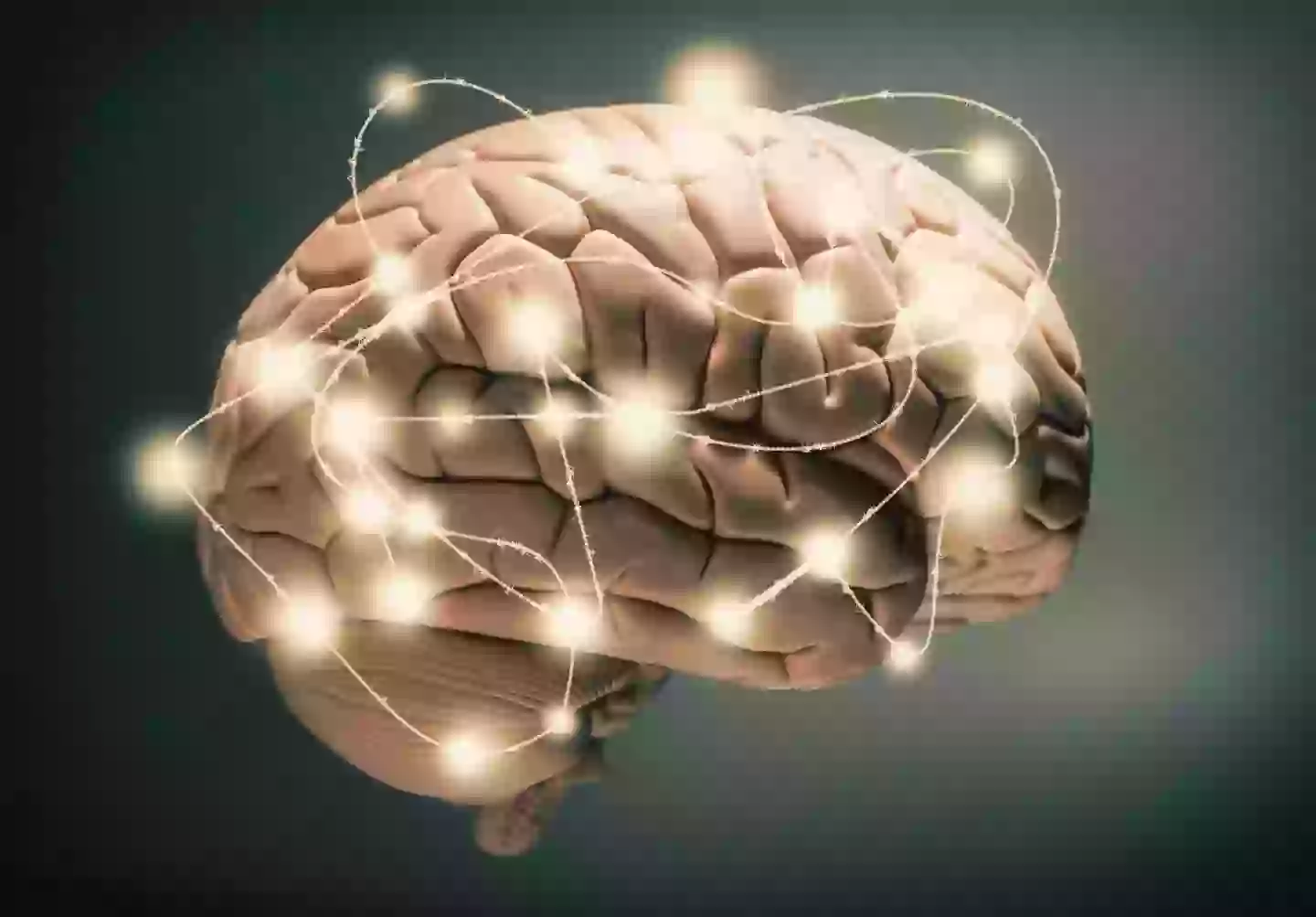
Scientists may have discovered the reason why female brains age differently than males.
A team of researchers in the US believe it could be down to a specific gene revitalising the female brain, explaining why women tend to live longer than men.
First, we need to go back to school biology days to understand chromosomes and their importance.
Both men and women are born with an X chromosome, but while men also have a Y chromosome, women have two Xs.
Advert
For a long time, scientists believed that only one X chromosome was active in women, while the other sat dormant in cells, playing no real role.
However, researchers from the University of California San Francisco (UCSF) have discovered that there's more to the story.

That 'vacant' chromosome settles into the corner of a cell known as the 'Barr body', where it cannot express many genes - but actually, its use becomes apparent in later life.
Advert
After testing older female lab mice (equivalent to 65 in human years), the team discovered this 'silent' X chromosome starts to wake up and express certain genes that help the brain stay strong and function better.
“In typical ageing, women have a brain that looks younger, with fewer cognitive deficits compared to men,” said the senior author of the paper, Dr Dena Dubal, a professor of neurology and chair in Aging and Neurodegenerative Disease at UCSF.
"These results show that the silent X in females actually reawakens late in life, probably helping to slow cognitive decline.”
Amazingly so, around 20 genes on the silent X, linked to brain development and memory, suddenly became active in the brains of older female mice.
Advert
“Ageing had awakened the sleeping X,” Dubal added.
One of the genes, called PLP1, plays a big role in myelin production - a substance that insulates brain cells and helps them communicate more efficiently.

When researchers boosted PLP1 levels, both male and female mice showed improved memory and learning abilities.
Advert
These groundbreaking findings suggest that women’s extra X chromosome could act as a built-in backup system. Instead of laying dormant as previously believed, the other X chromosome offers an additional layer of protection against ageing-related brain decline.
“We immediately thought this might explain how women’s brains remain resilient in typical ageing because men wouldn’t have this extra X,” said Margaret Gadek, first author of the paper and a graduate student of UCSF.
Dr. Dubal believes this discovery could have major implications for ageing and brain health.
"Cognition is one of our biggest biomedical problems, but things are changeable in the ageing brain, and the X chromosome clearly can teach us what’s possible," she added. "Are there interventions that can amplify genes like PLP1 from the X chromosome to slow the decline – for both women and men – as we age?"